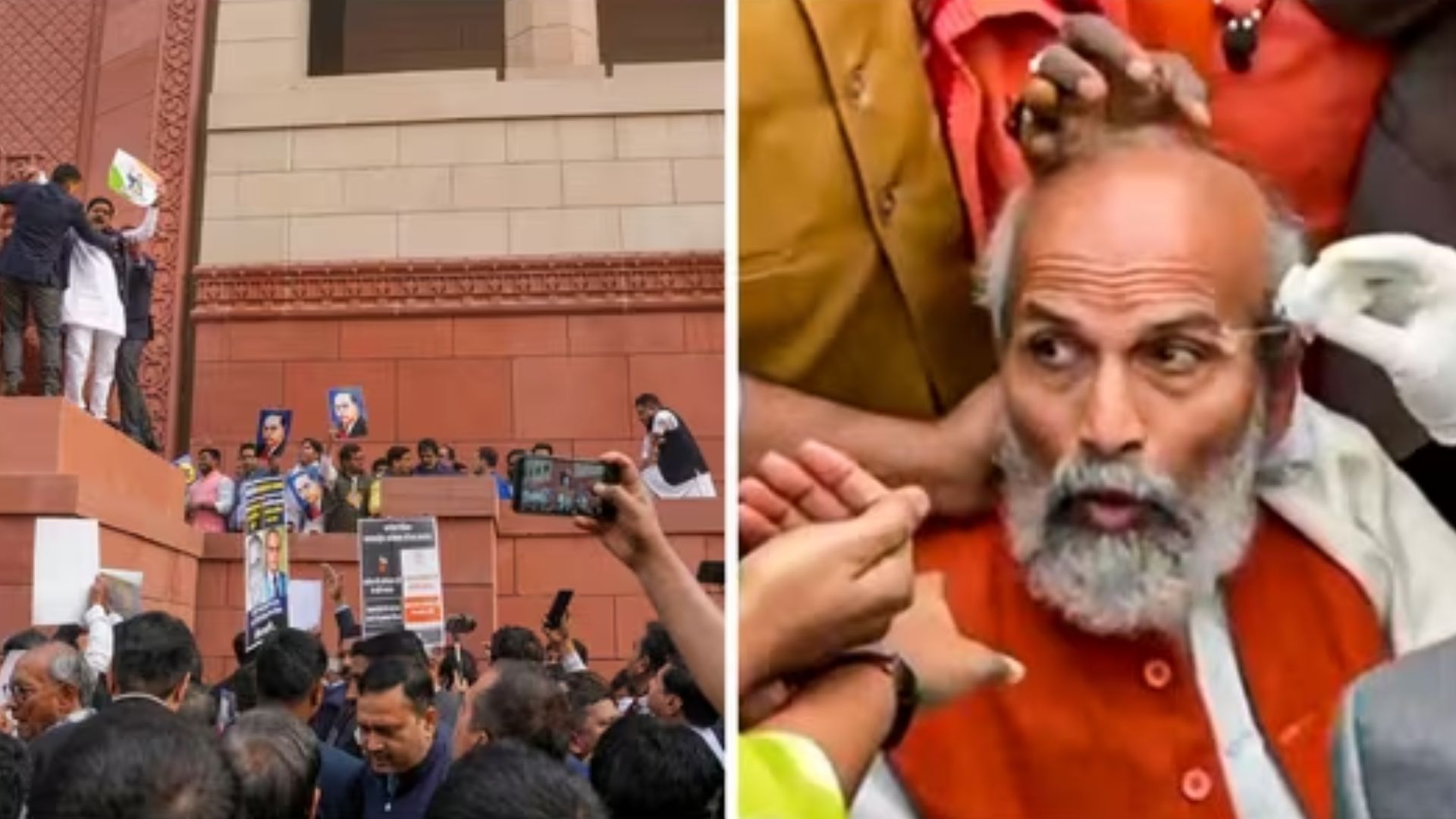
In recent years, the conduct of law enforcement agencies has come under intense scrutiny, revealing disturbing patterns of misconduct, abuse of power, and violations of human rights. From the streets of bustling cities to the remote corners of rural India, instances of police brutality and the lodging of fake cases have shattered the trust between citizens and those entrusted with protecting them. In this climate of distrust and disillusionment, the urgent call for comprehensive police reform reverberates louder than ever, echoing the collective demand for justice, accountability, and the restoration of faith in the rule of law.
At the heart of the matter lies the fundamental duty of the police: to serve and protect the citizens they are sworn to uphold. Yet, when this duty is overshadowed by acts of injustice and oppression, it strikes at the very core of our democratic ideals. The abuse of power, the excessive use of force, and the manipulation of evidence not only undermine individual rights but also erode the foundation of our society, fracturing the delicate balance between authority and accountability.
To address these systemic challenges and rebuild trust between law enforcement agencies and the communities they serve, comprehensive police reform is imperative. This reform must encompass a multifaceted approach, addressing key areas such as training and education, oversight and accountability, community policing, and legislative reforms.
First and foremost, comprehensive training programs are essential to in still ethical principles, respect for human rights, and de-escalation techniques within police forces. By equipping officers with the necessary skills and knowledge to navigate complex situations with empathy and professionalism, we can mitigate the risk of unnecessary violence and restore public confidence in law enforcement. Furthermore, robust mechanisms for oversight and accountability are critical to prevent abuses of power and ensure that those responsible for misconduct are held to account. Independent review boards, body cameras, and civilian oversight committees can help foster transparency and accountability, serving as a check against abuses of authority.
Moreover, strengthening community policing initiatives is vital to building positive relationships between law enforcement agencies and the communities they serve. By engaging with local residents, understanding their concerns, and collaborating on solutions to address underlying issues, police can earn the trust and respect of the communities they serve, fostering cooperation and reducing the likelihood of confrontational encounters.
Additionally, legislative reforms are necessary to address systemic issues within the criminal justice system, such as discriminatory practices and mandatory quotas. By enacting laws that promote fairness, equity, and accountability, we can uphold the rule of law and ensure that justice is truly blind.
As we advocate for police reform, it is essential to acknowledge the dedication and sacrifice of the vast majority of law enforcement officers who uphold their oath with integrity and honor. However, it is equally important to confront the systemic flaws and institutional biases that perpetuate injustices within the system.
While acknowledging the importance of recent discussions and movements surrounding police reform, it is imperative that we move beyond rhetoric and take concrete steps towards meaningful change. Merely recognizing the need for reform is not enough; we must actively advocate for and implement tangible solutions to address the systemic issues plaguing our law enforcement agencies.
One crucial aspect of reform is the establishment of independent oversight mechanisms with real teeth. These bodies must have the authority to investigate complaints of police misconduct thoroughly and impartially, holding accountable those found guilty of abuses of power. Additionally, the implementation of body cameras for all police officers can provide an objective record of interactions with the public, increasing transparency and accountability. Furthermore, investing in community policing initiatives is essential for fostering positive relationships between law enforcement and the communities they serve. By prioritizing community engagement and collaboration, police can gain valuable insights into local concerns and build trust with residents, ultimately enhancing public safety and reducing crime.
Ultimately, the success of police reform efforts depends on the collective commitment of government officials, law enforcement agencies, civil society organizations, and the public at large. It is incumbent upon all stakeholders to work together collaboratively and persistently to bring about the necessary changes that will ensure justice, equality, and respect for human rights for all members of society. As we strive towards a future where law enforcement agencies truly serve and protect all citizens, let us not lose sight of the urgency of this task. The time for action is now, and it is our collective responsibility to hold ourselves and our institutions accountable to the highest standards of justice and integrity. Let us seize this moment to enact the reforms needed to build a safer, fairer, and more equitable society for generations to come.
The need for police reform is not a matter of political ideology but a moral imperative rooted in the principles of justice, equality, and human rights. By implementing comprehensive reforms, we can build a more just and equitable society where law enforcement agencies serve as guardians of democracy rather than agents of oppression. It is time to stand united in our demand for accountability, transparency, and respect for the dignity of all individuals, irrespective of their race, ethnicity, or socio-economic status. Together, let us work towards a future where justice is not just a lofty ideal but a lived reality for all.















